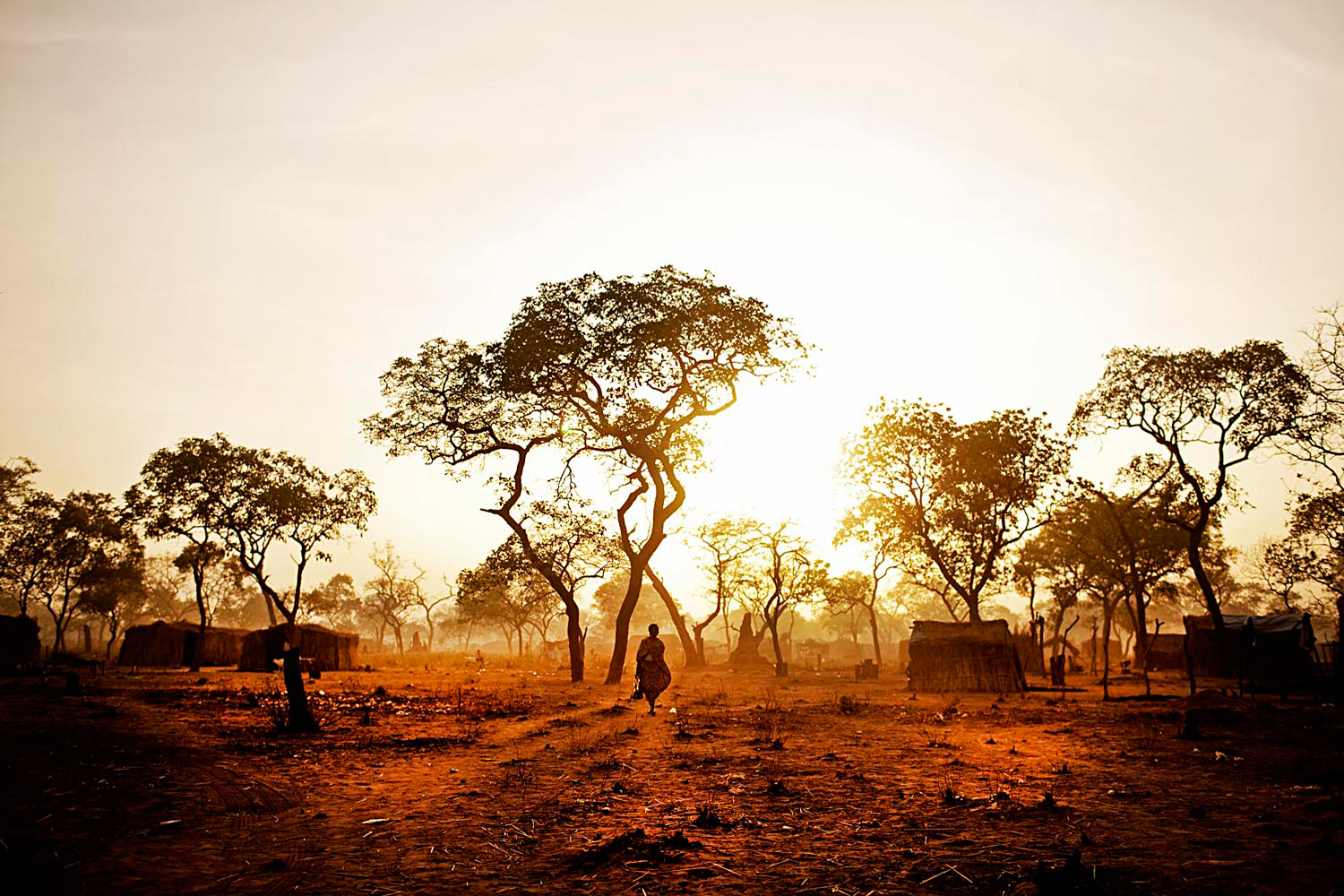
In many ways, Yida is the South Sudan of popular imagination. Small Cessnas, ferrying medicine and other essential supplies, land on a tattered airstrip lined with beleaguered faces. The sprawling landscape is scorched and unforgiving. What little vegetation existed has been slashed and used by the camp’s more than 20,000 inhabitants to build basic shelters. Modest huts, made entirely of wood and thatch, dot a landscape that seems wholly unfit for human settlement.
The refugee camp in Yida rests approximately 18 miles south of the new and contested border between Sudan and South Sudan. To its north lies the embattled state of Southern Kordofan, where southern-aligned rebels wage a bitter and protracted insurgency against the northern government. In recent months, northern forces, operating under the command of Sudanese President Omar Al- Bashir, have employed brutal tactics to suppress the rebellion to no avail. An indiscriminate campaign of aerial bombardment has forced a mass exodus of Nuba civilians, more than 100,000 of whom have taken refuge in camps like Yida.
As fighting in Southern Kordofan and other adjacent border regions intensified in recent weeks, aid agencies in Yida reported a sharp rise in the number of new arrivals. Many come by foot, having walked for days to escape the high altitude bombers that have become a hallmark of the war. While Yida offers relative security, its extremely isolated location creates concern among aid agencies over their ability to provide adequate services for the rapidly swelling population. Food and water are scarce, electricity and phone networks are non-existent and political dynamics within the camp are contentious and secretive. The impending rain season threatens to turn the camp into a muddy and chaotic bastion of want and disease.
During the week I spent in Yida and neighboring camps, during which I provided visual media support for an Amnesty International research mission looking into wide-ranging human rights concerns in the area, I experienced alternating waves of inspiration and dismay. In nearly three years of covering South Sudan’s precarious transition to independence, I have yet to encounter a more welcoming, perseverant and intellectually driven community as the one I found in Yida. Despite dire circumstances, I met countless individuals who maintain an awe-inspiring thirst for education, a pursuit that many view as paramount in the battle against injustice and the marginalization of the Nuba people. Tea, coffee and assistance are offered at every turn and dignity defines the social landscape.
While their lives and aspirations have been compromised by this conflict, the mood among Yida’s refugees remains defiant. Many express support for the transformation of the Sudanese government, through forceful means if necessary, in order to bring about a system that more aptly embraces the country’s profound ethnic and racial diversity. “I ask myself why, for centuries, [the northern government] has been pushing us down,” wondered Issac Malak, a refugee from Southern Kordofan who arrived in Yida with hopes of finding employment. “There is no justice in Sudan…and I think of getting back my rights by all means that I have.”
With fighting in Southern Kordofan raging on and rains set to arrive in the coming weeks, the situation for refugees in Yida and other border camps is extremely precarious. “We pray for strength and peace,” says Abdul Rahman, a pastor in one of Yida’s six parishes. When I attended his service last Sunday, the pews of his thatch-roofed church were filled people who sang in tones that seem to put hope ahead of sorrow.
Pete Muller is a photographer based in South Sudan. He was named LightBox’s 2011 Wire Photographer of the Year. See more of his work here.
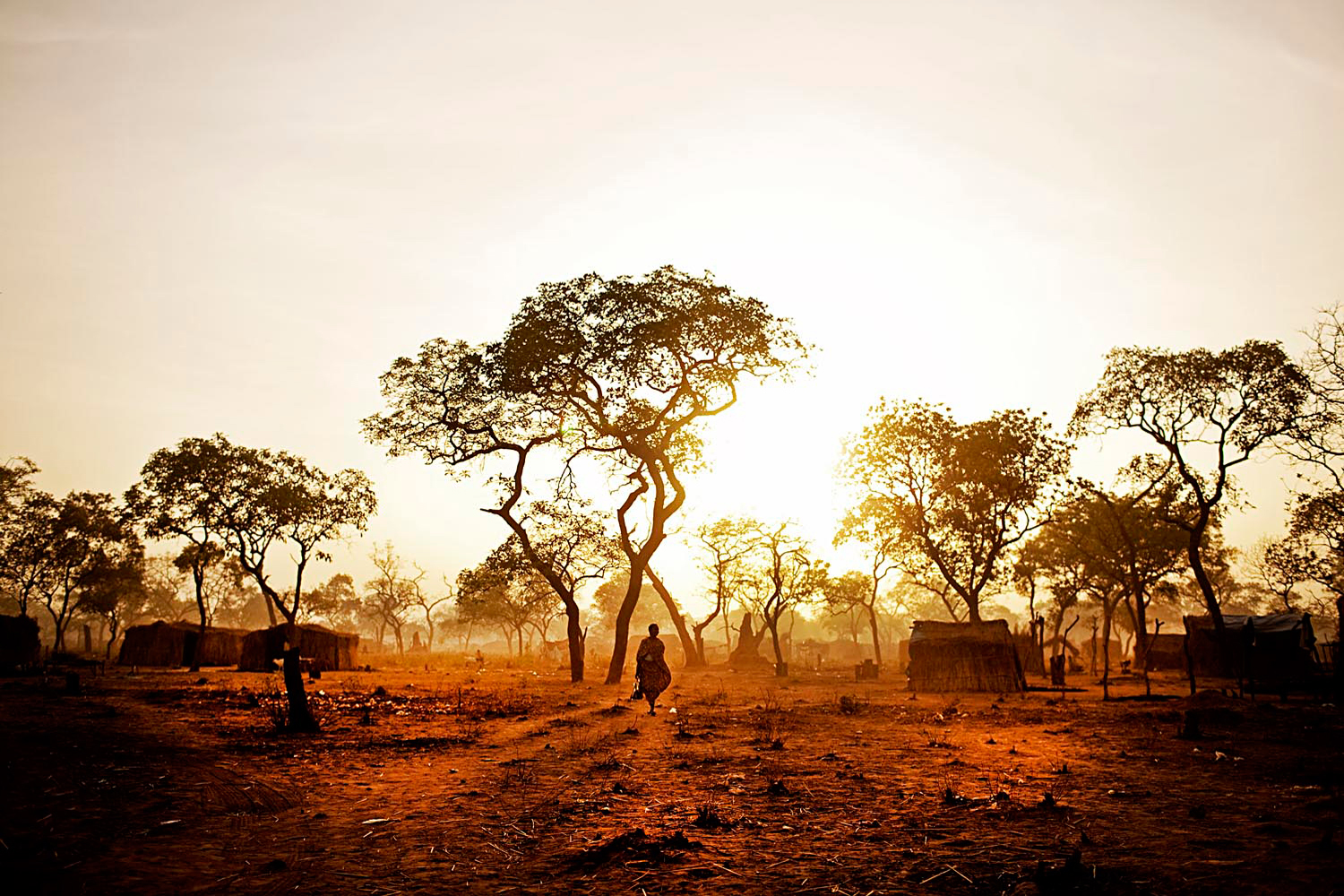
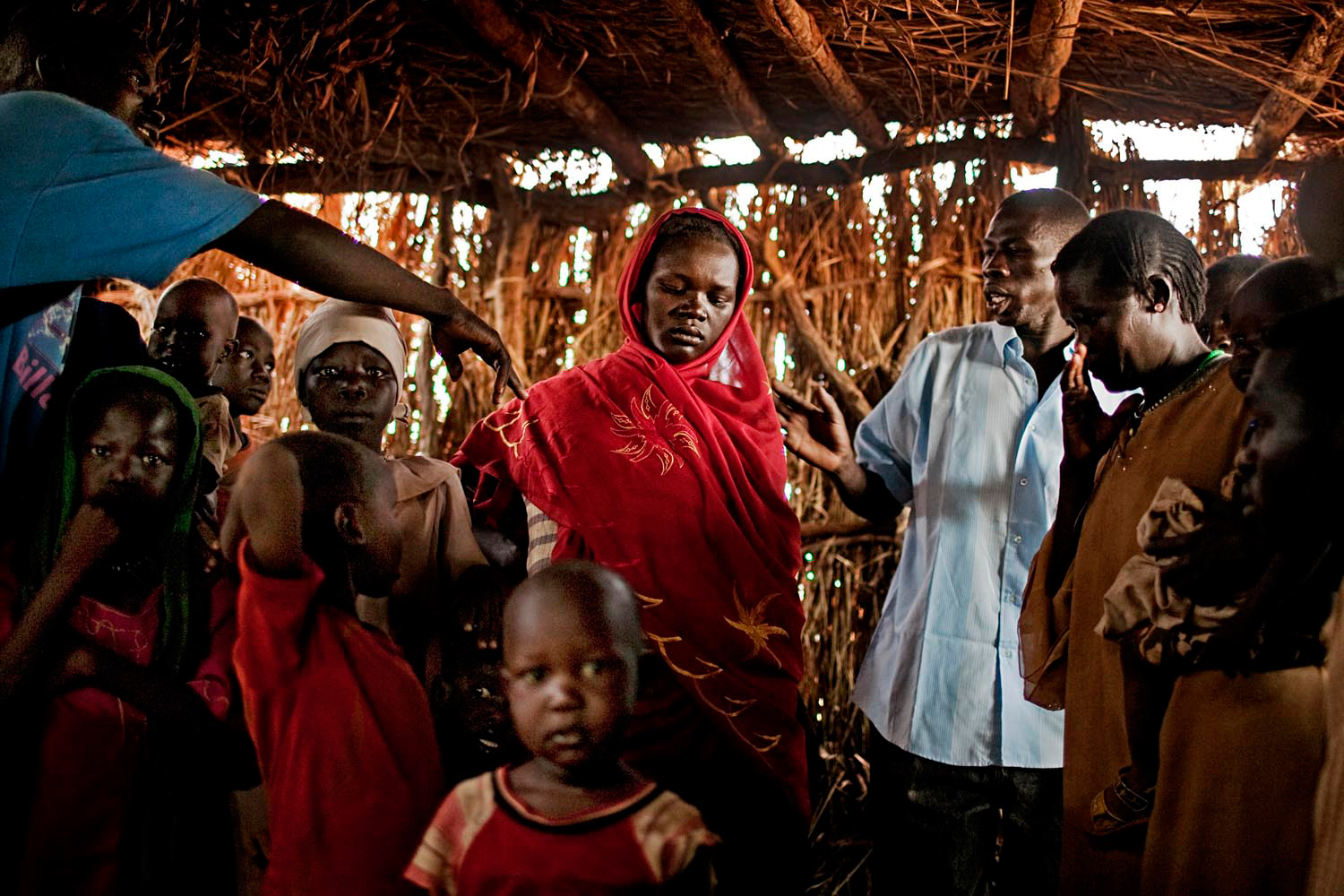
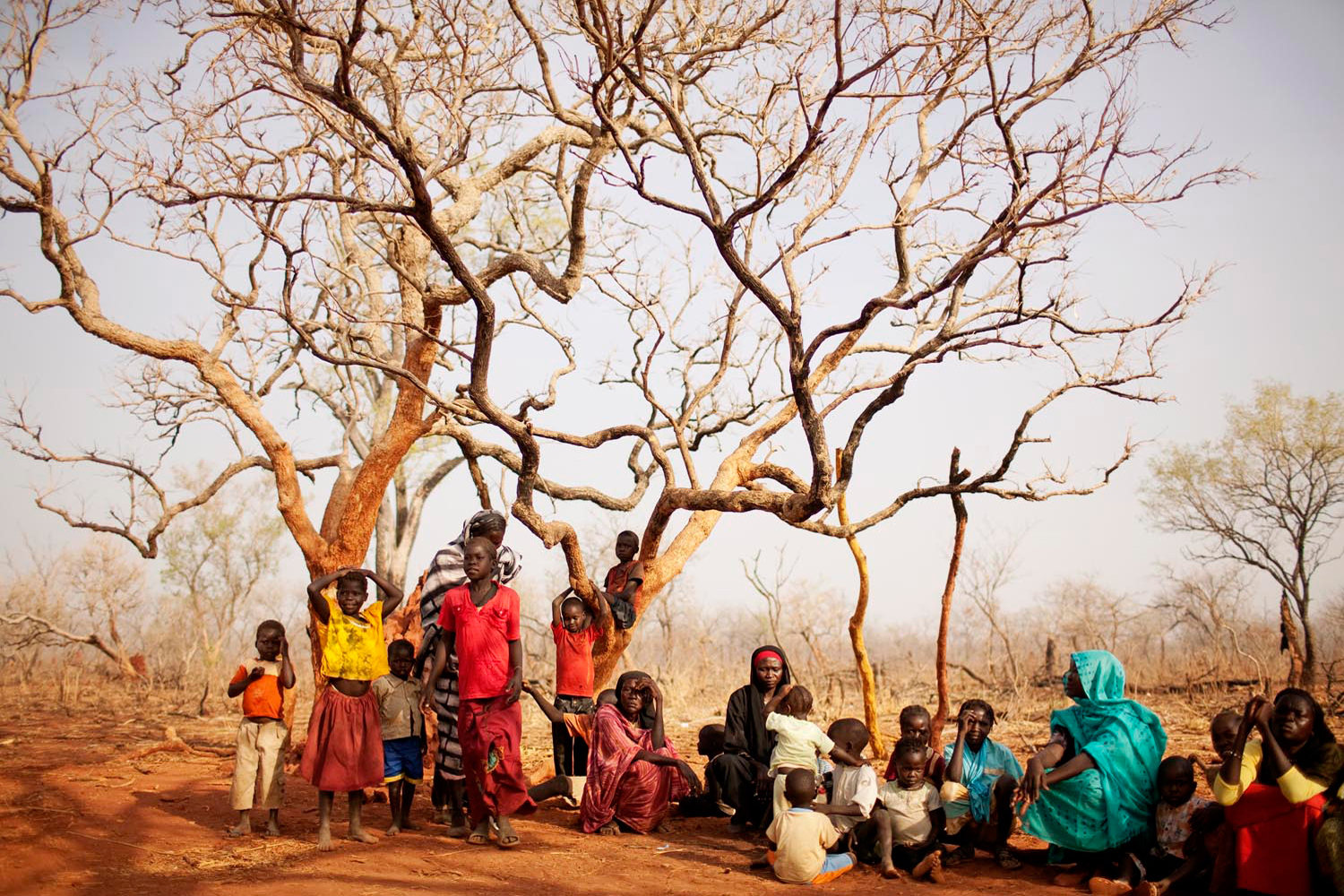
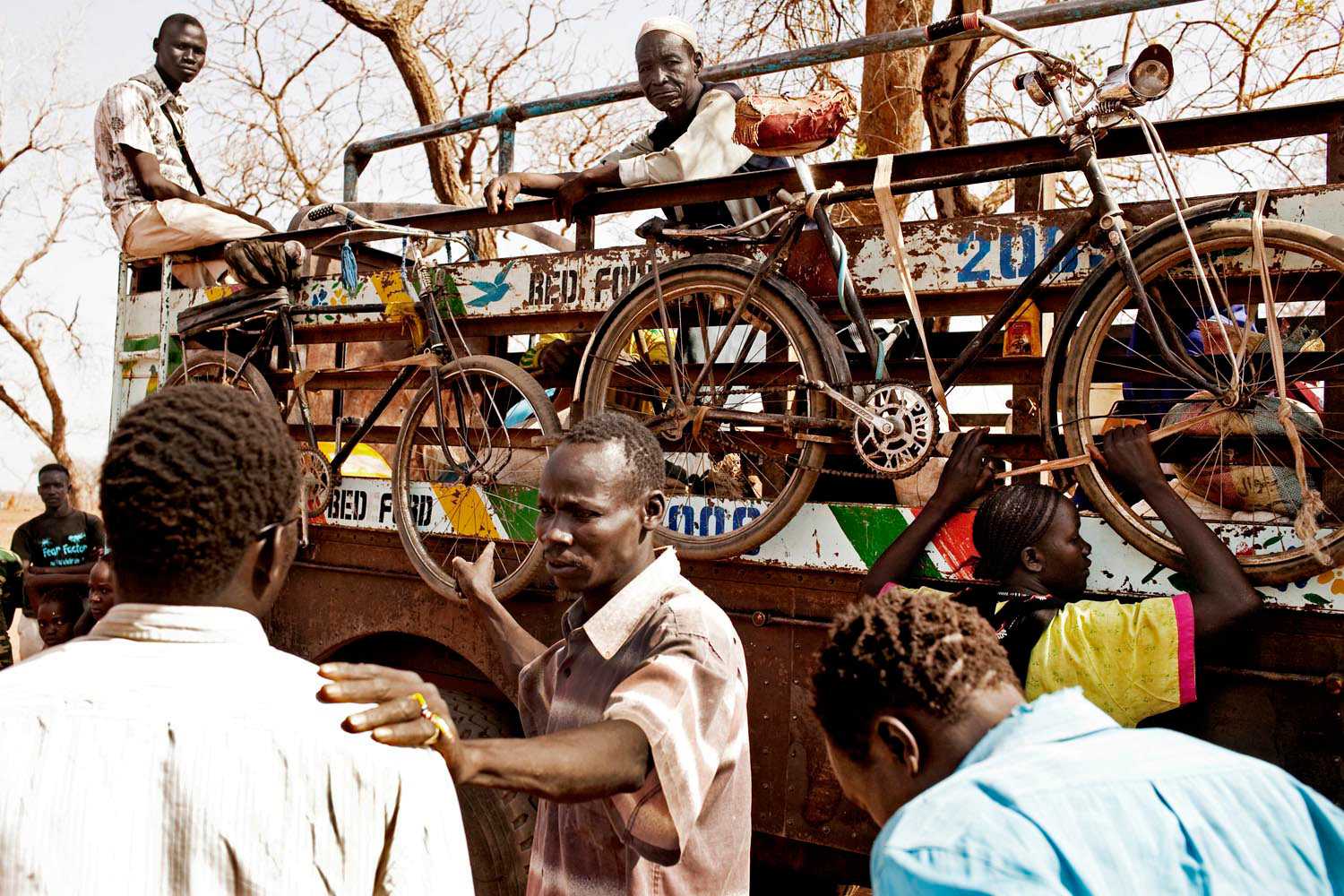
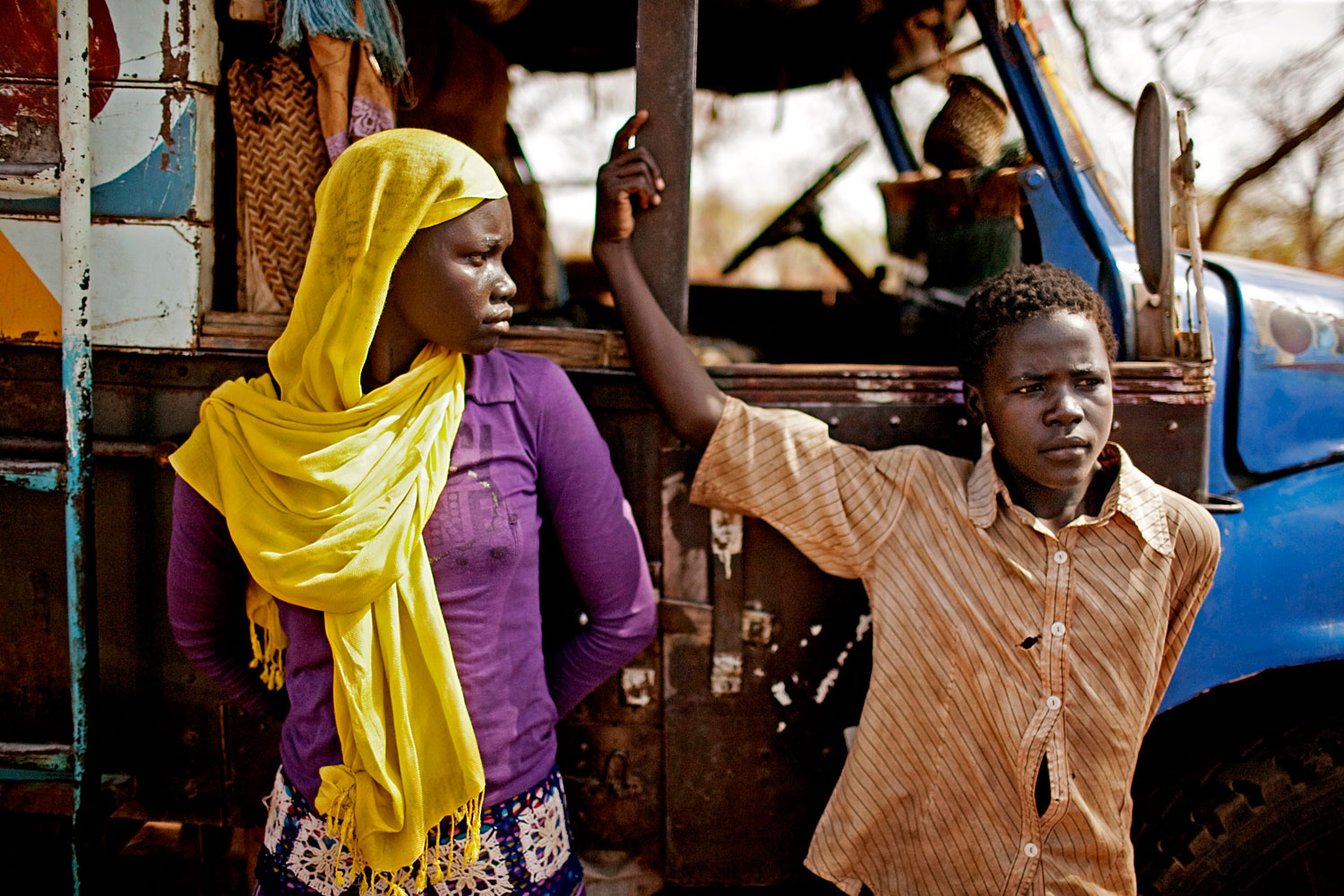
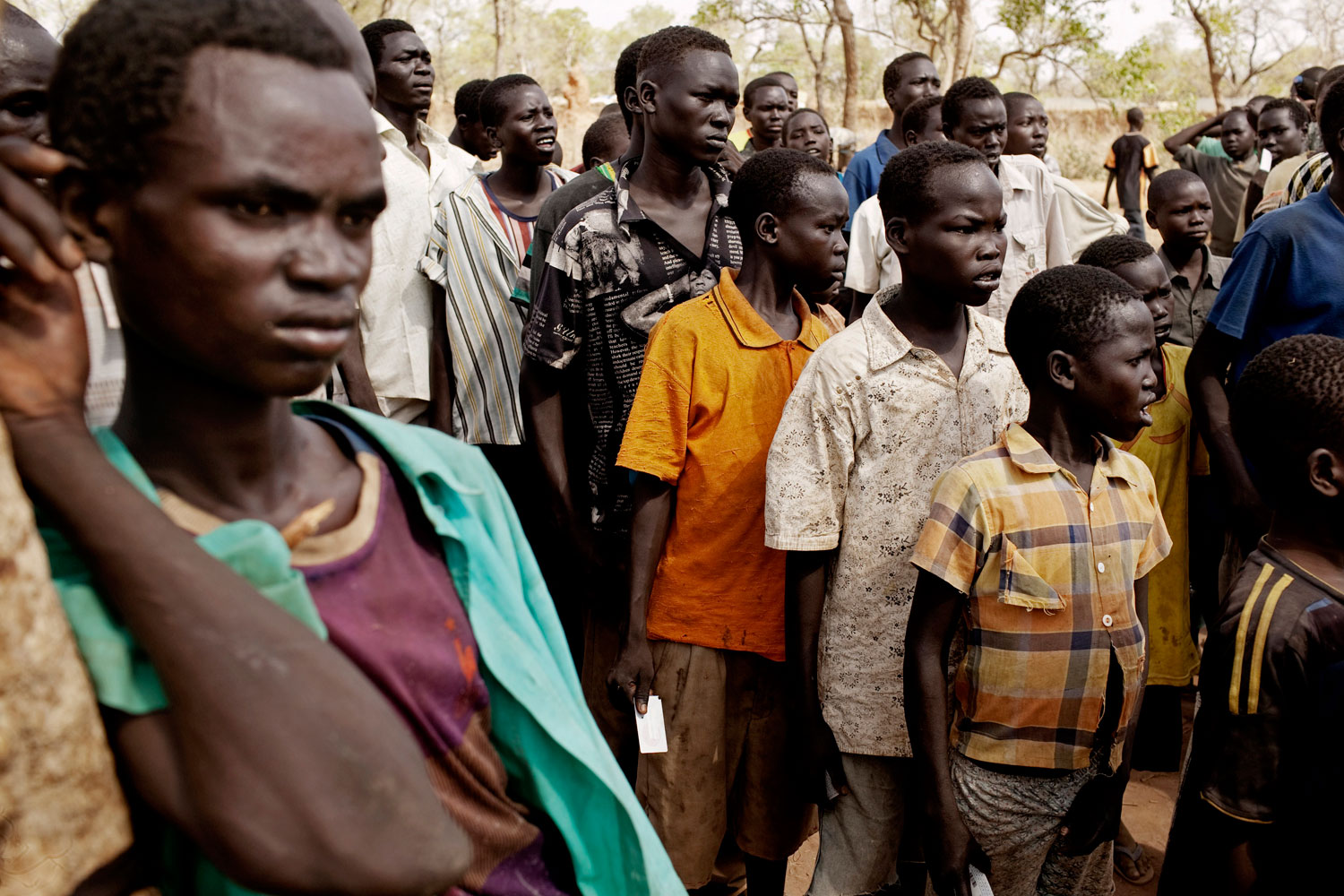
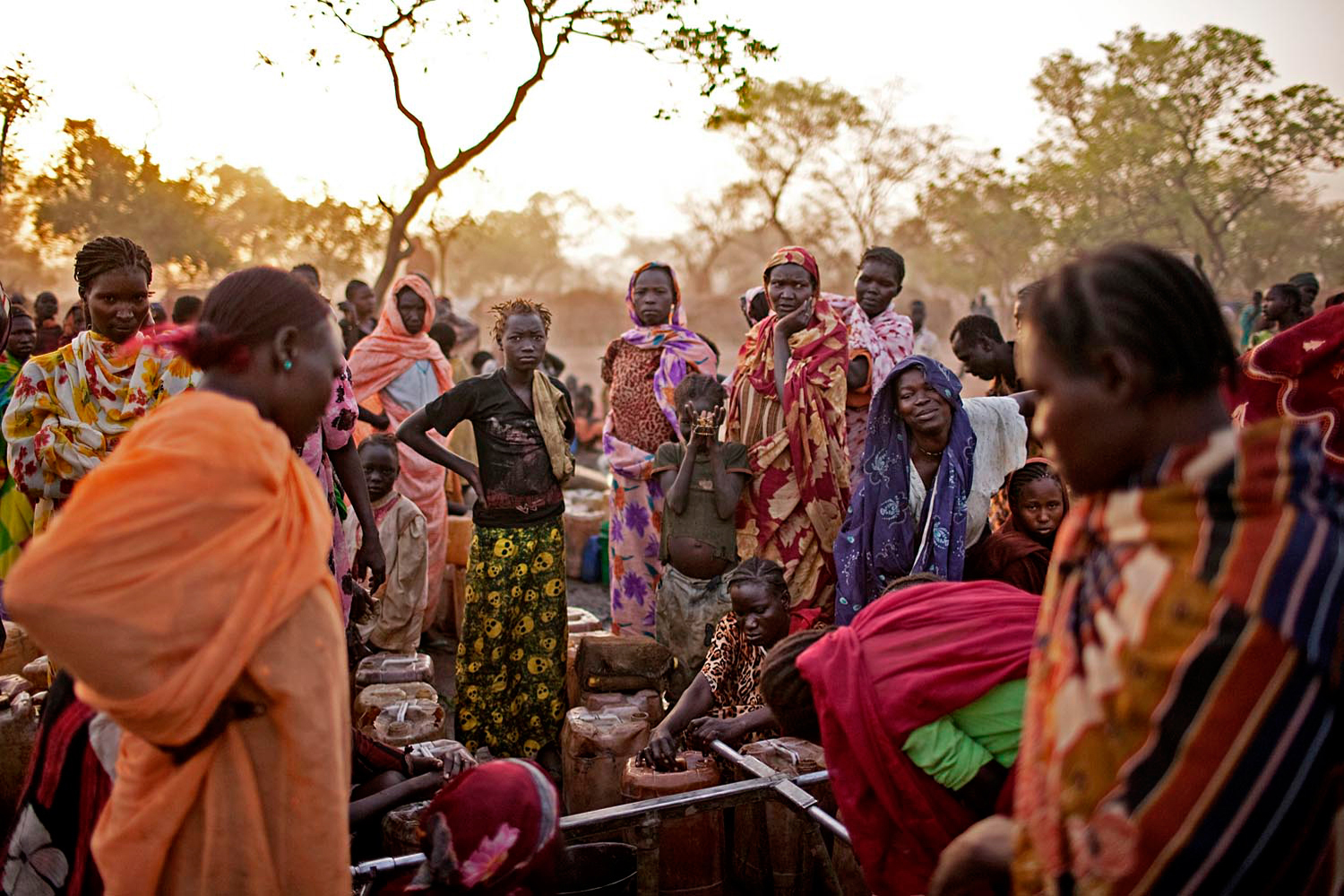
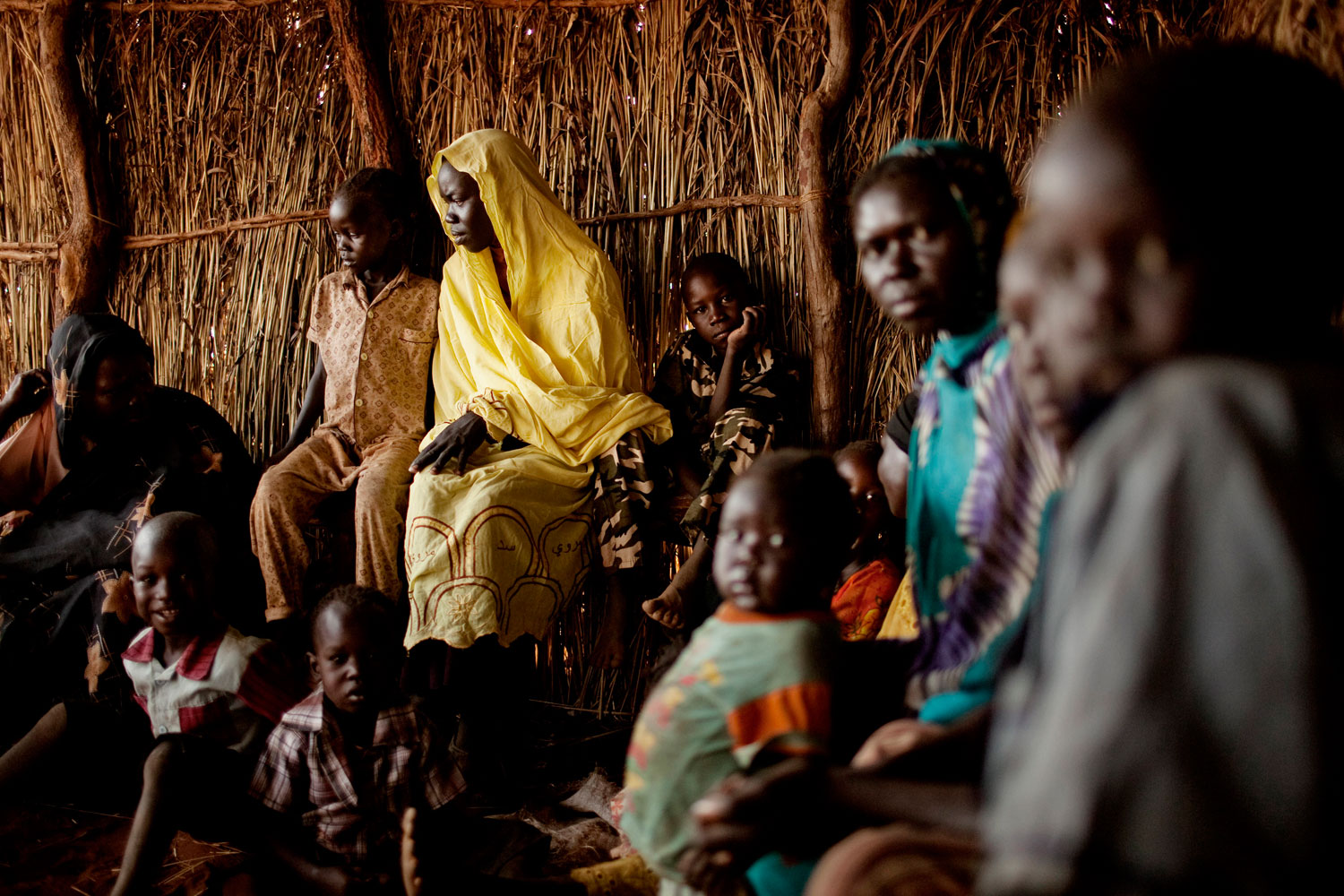
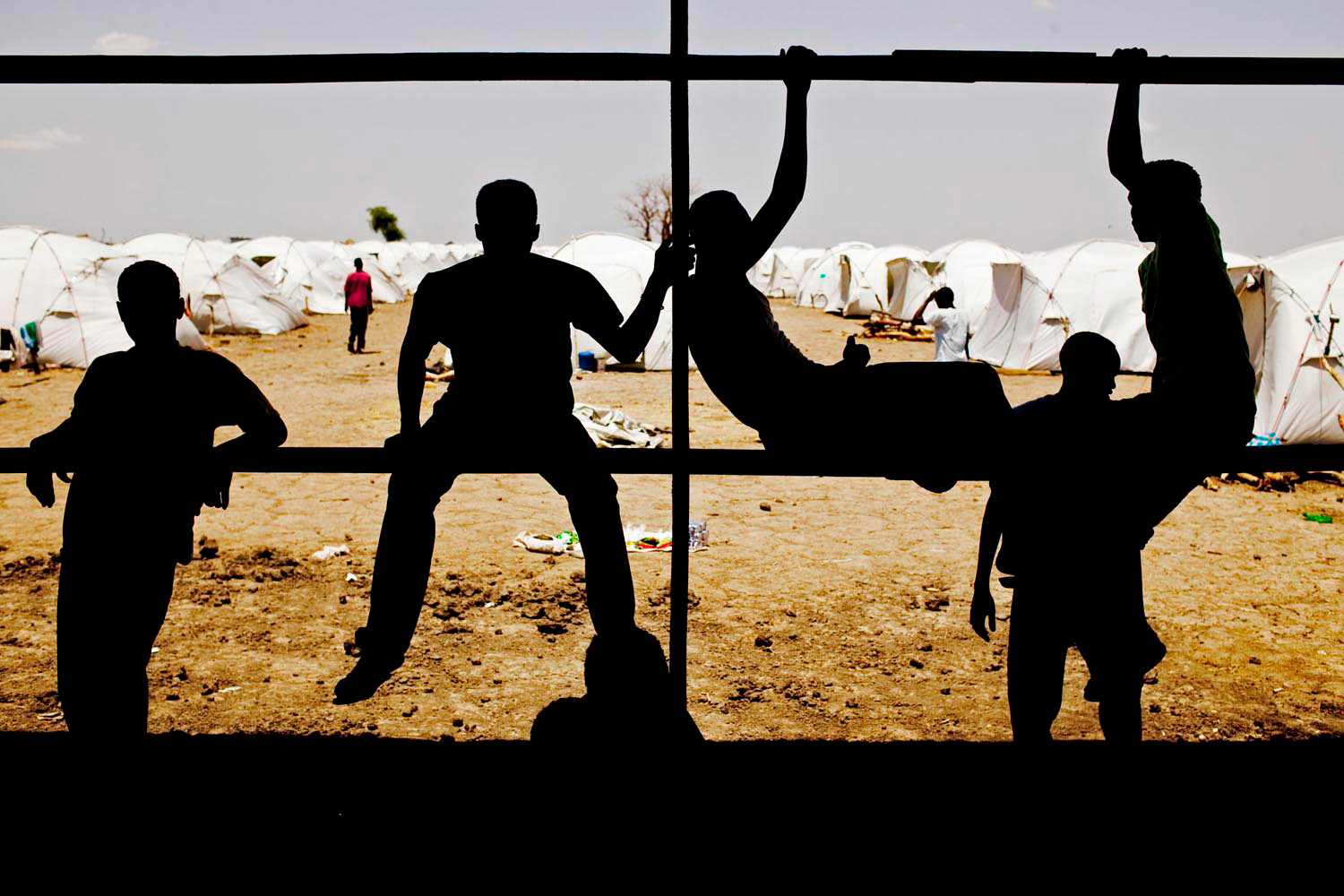
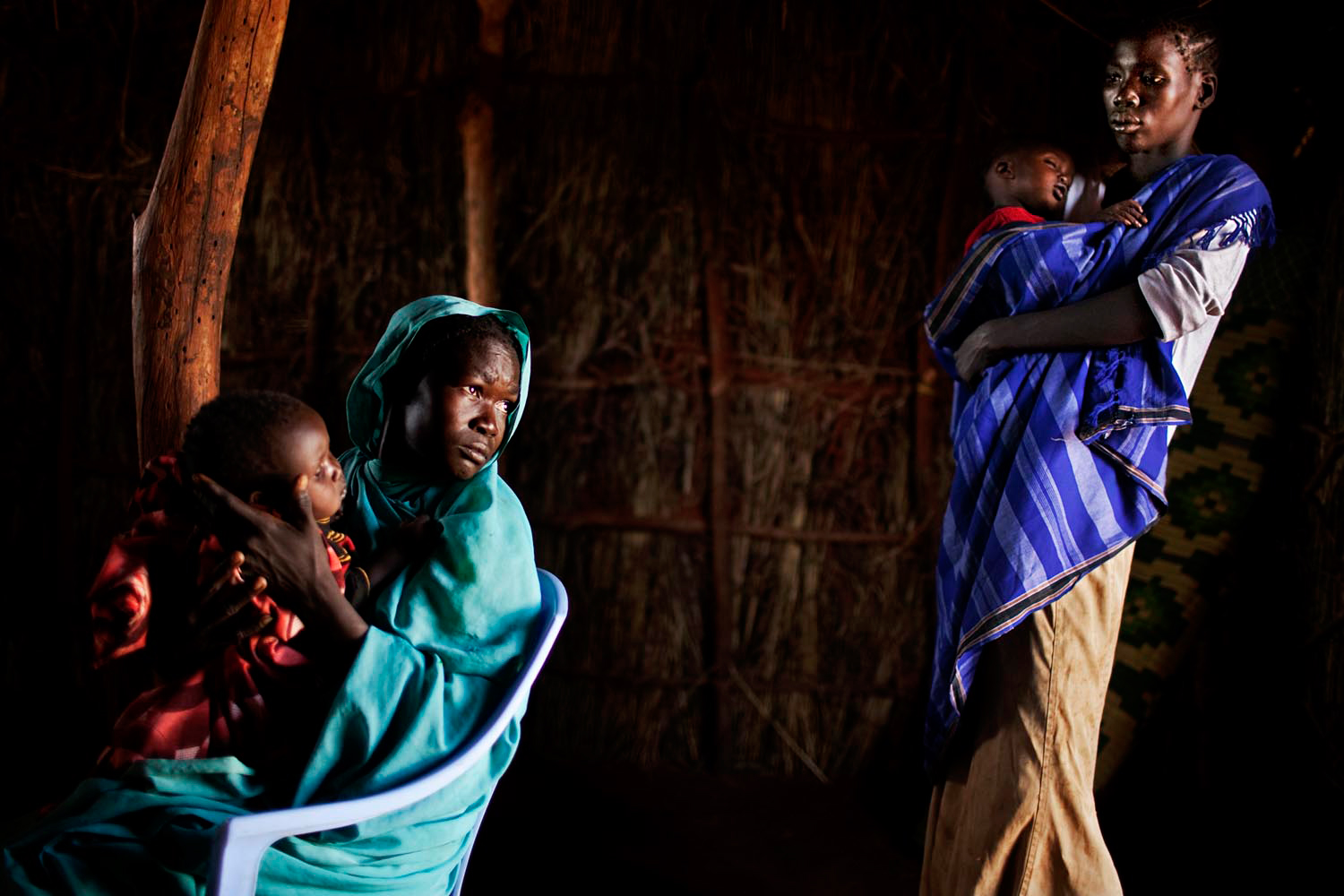
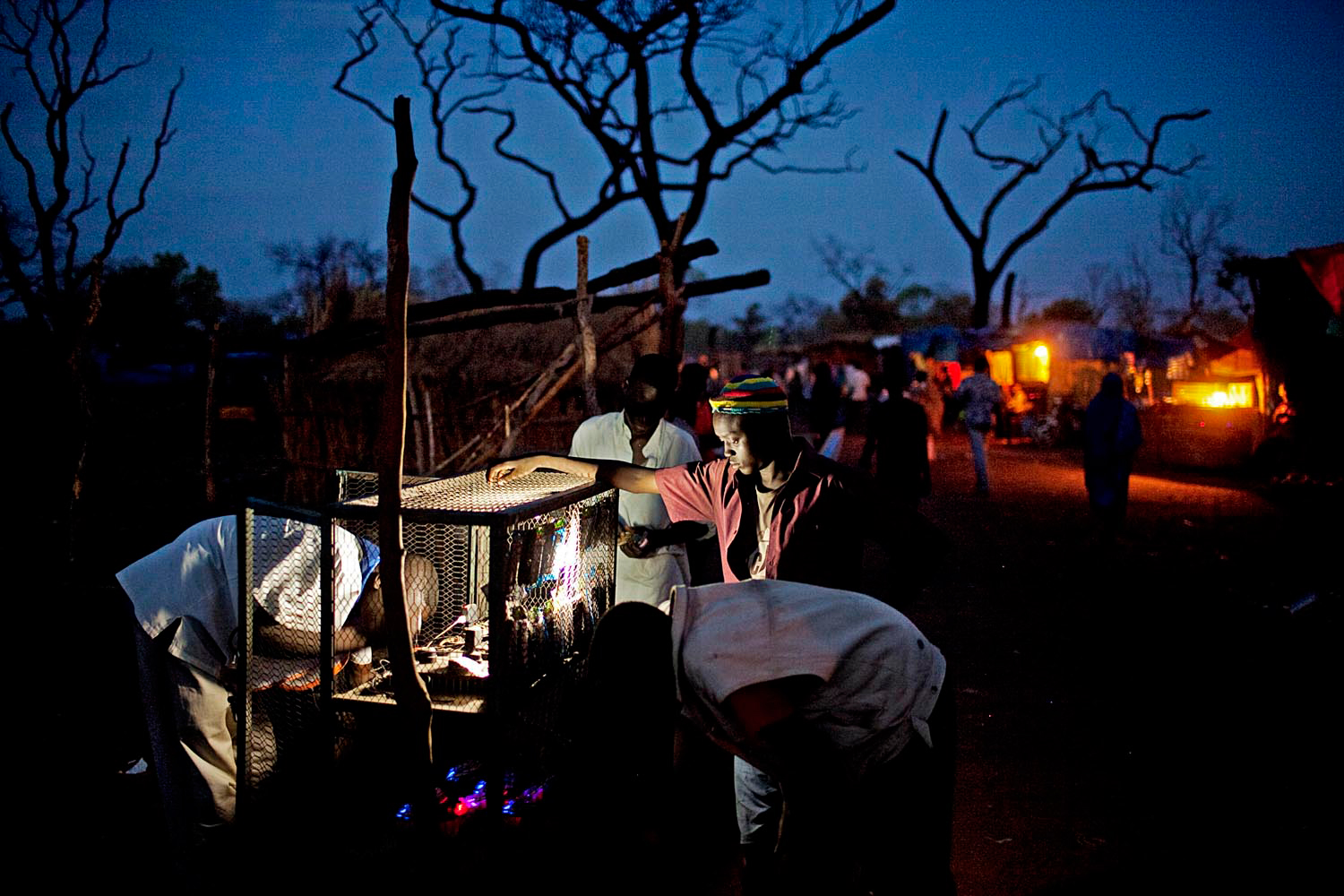
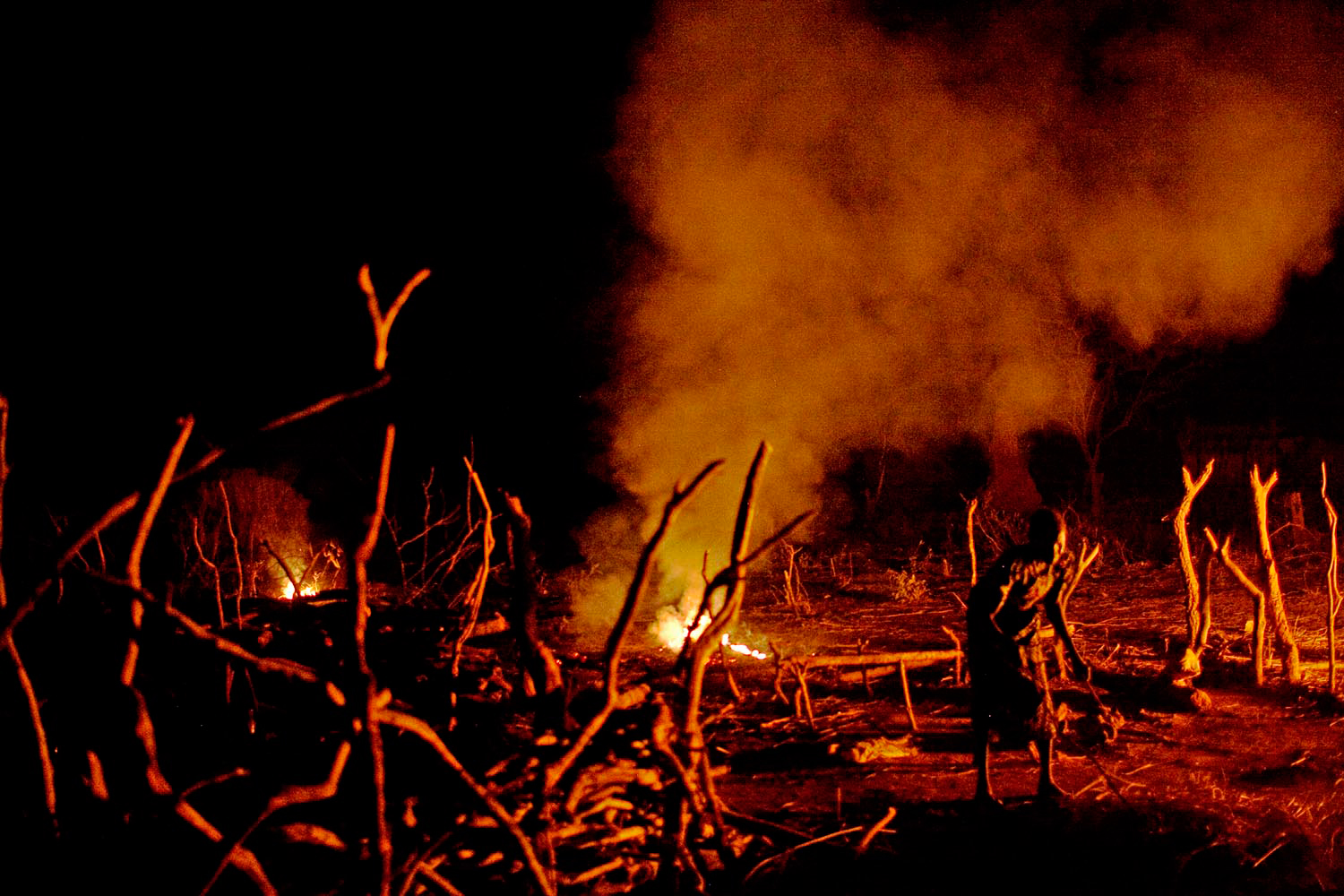
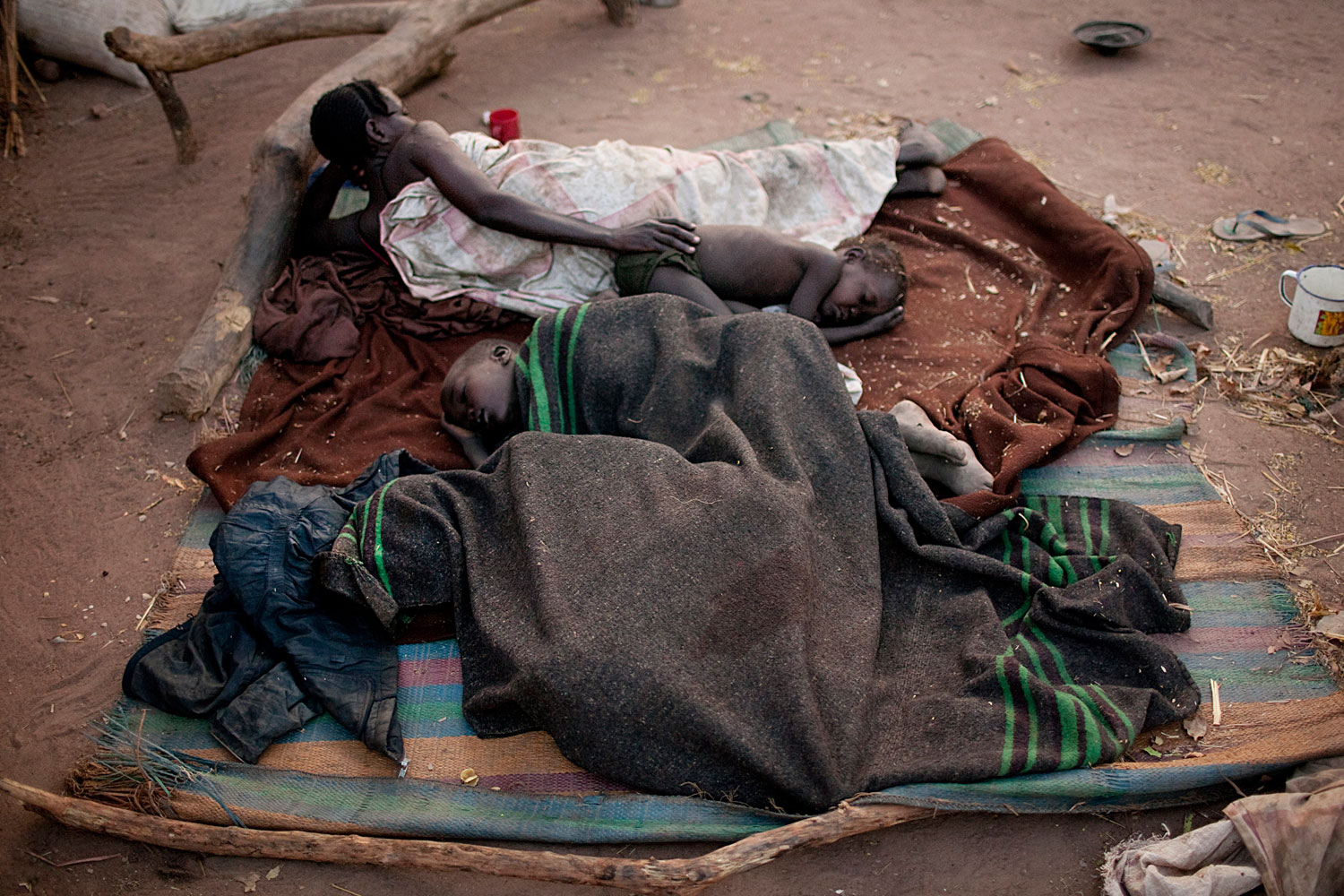
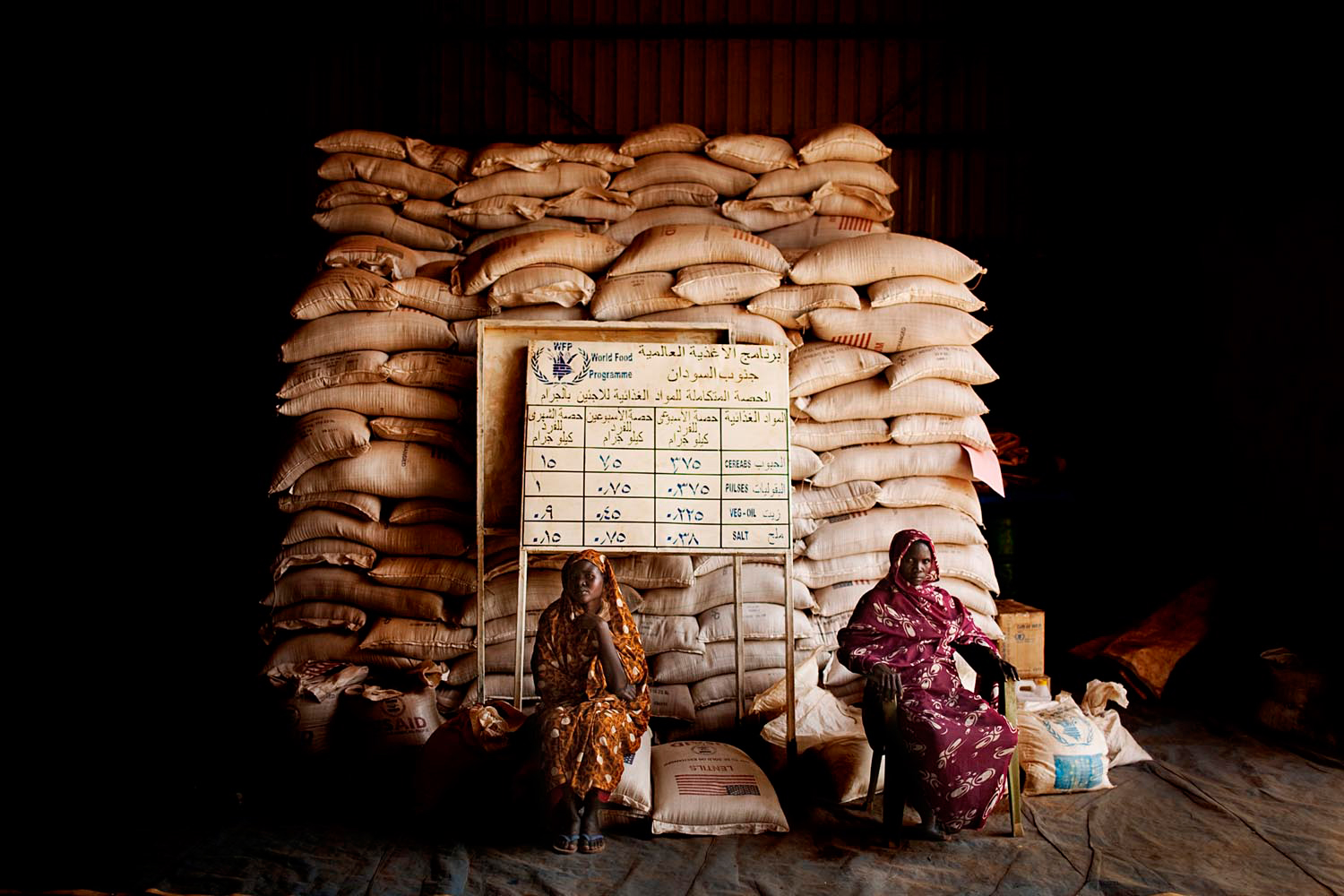
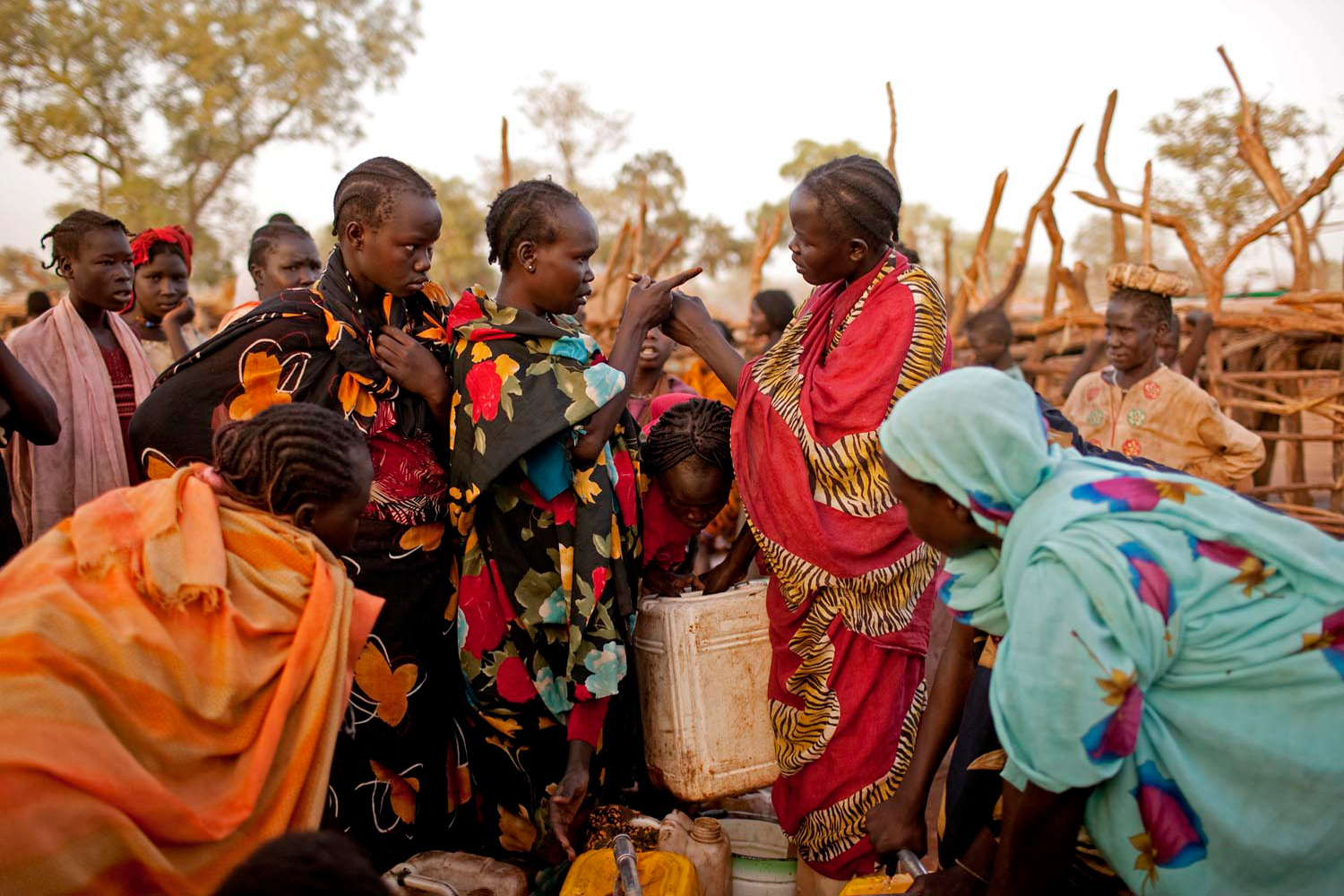
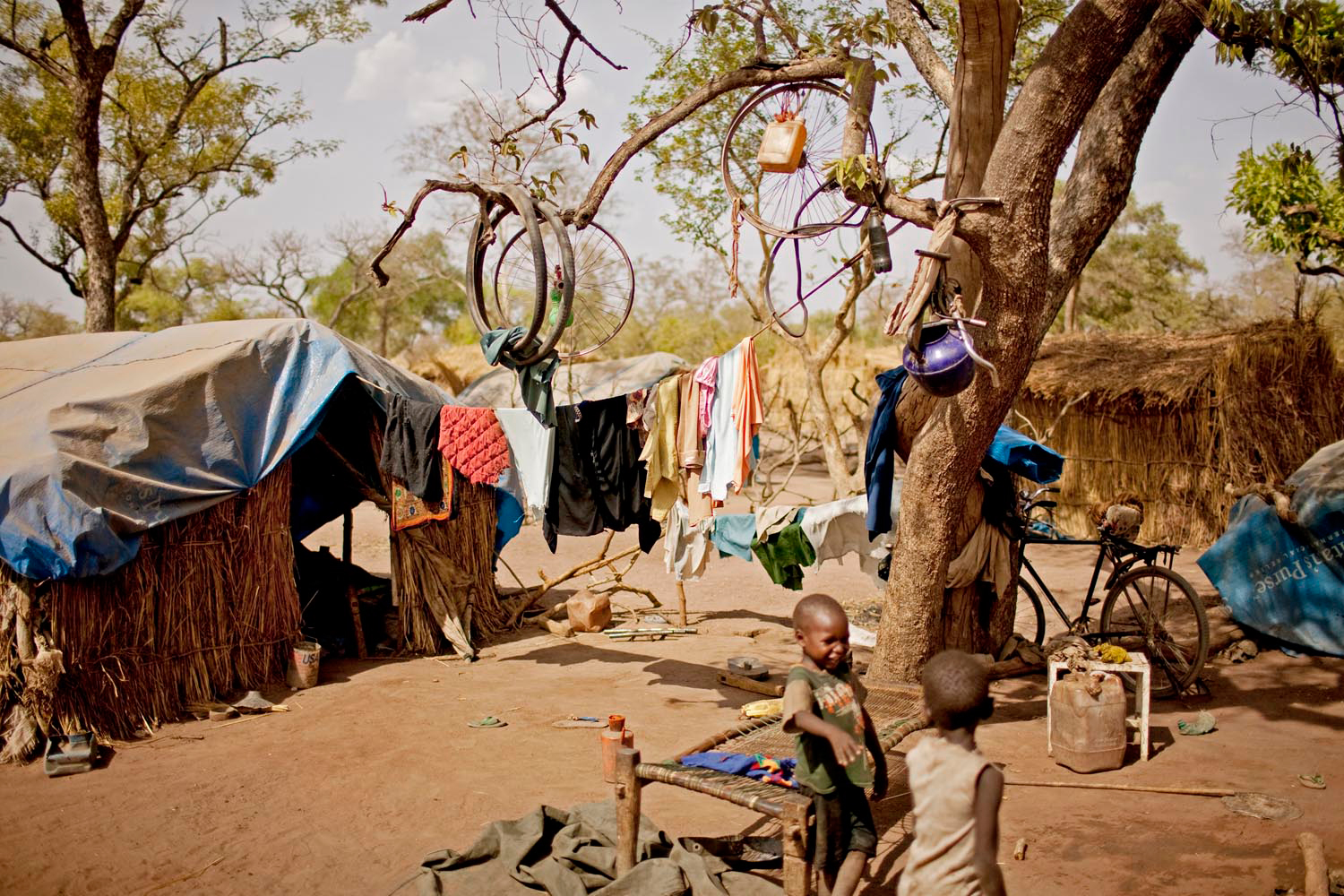
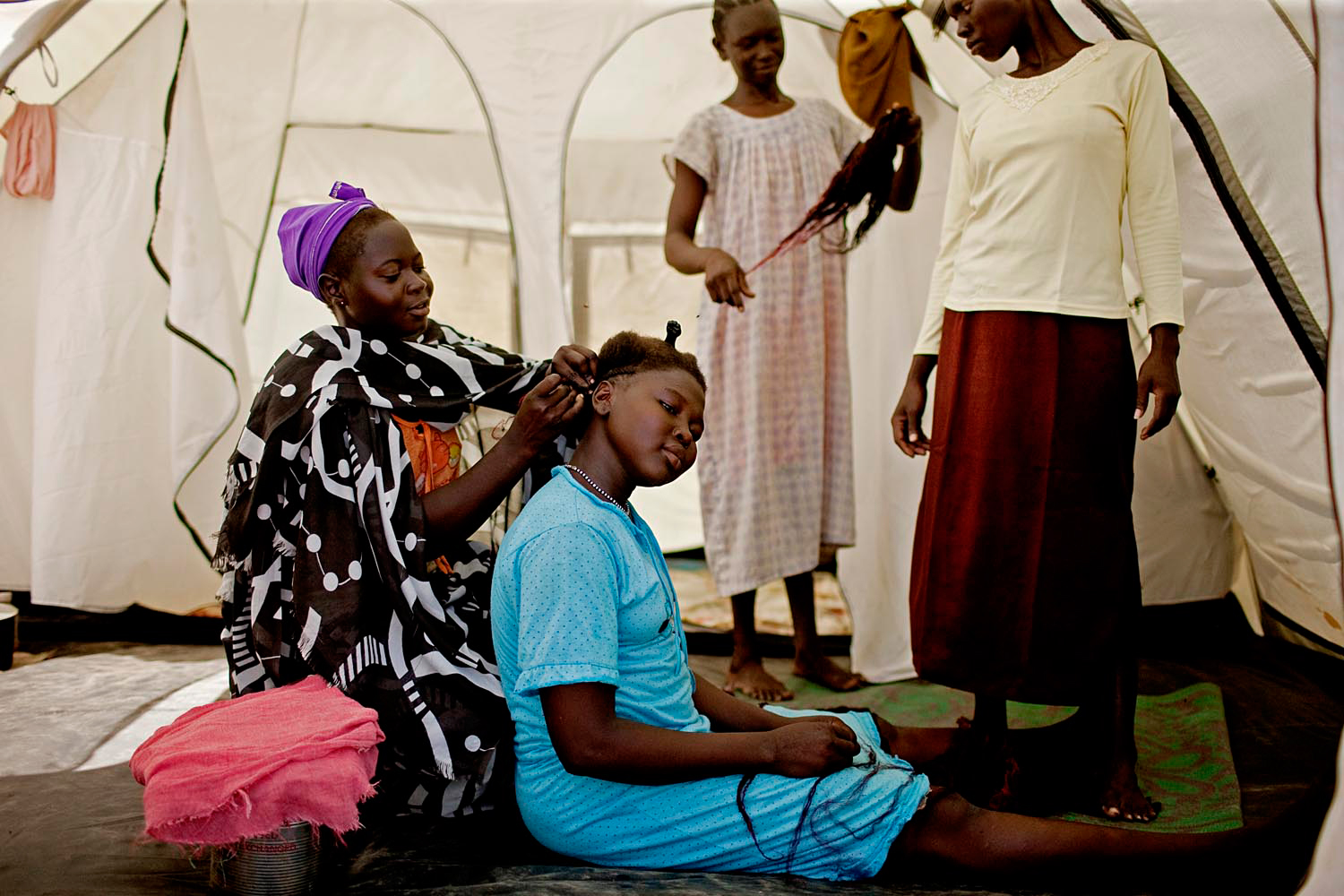
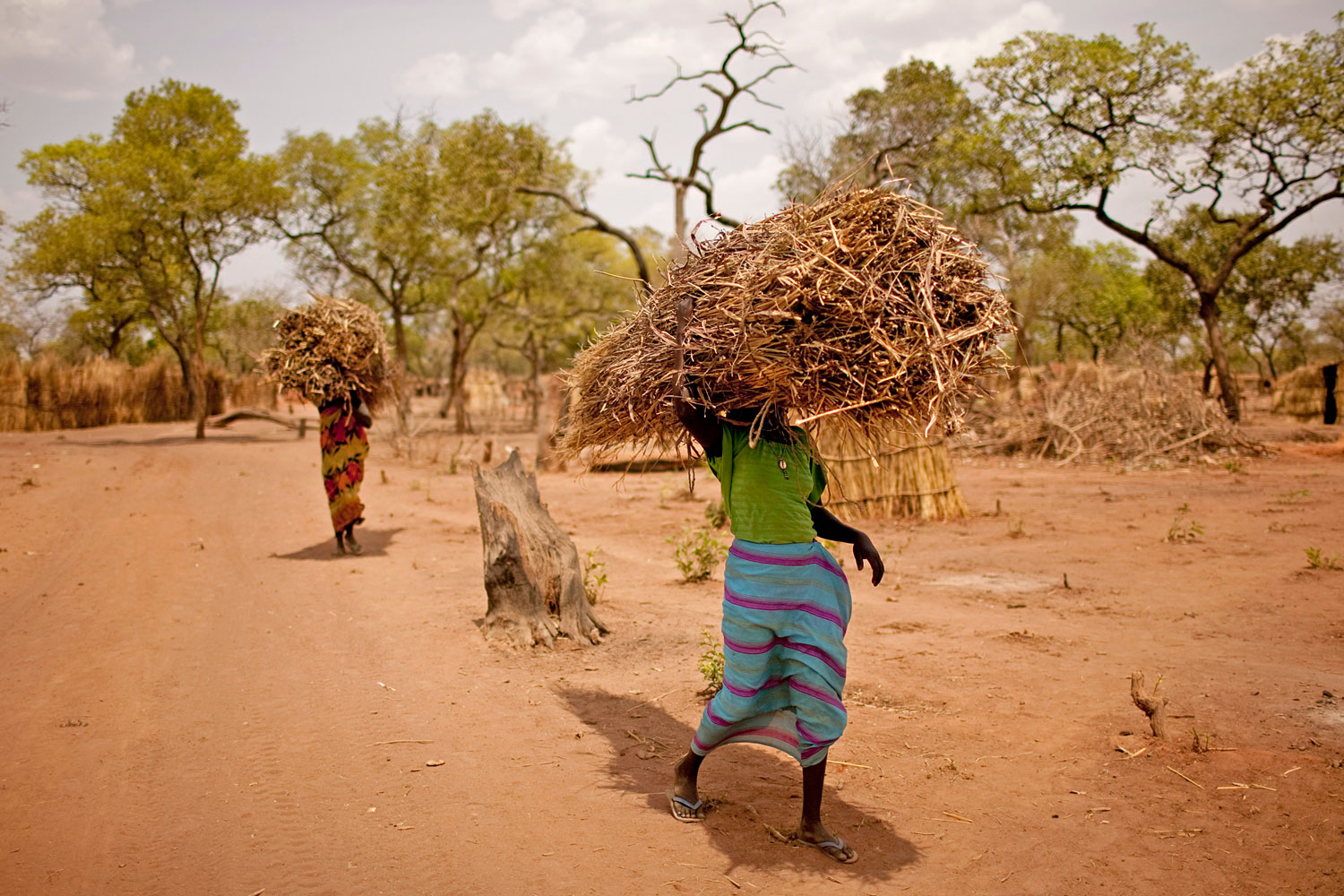
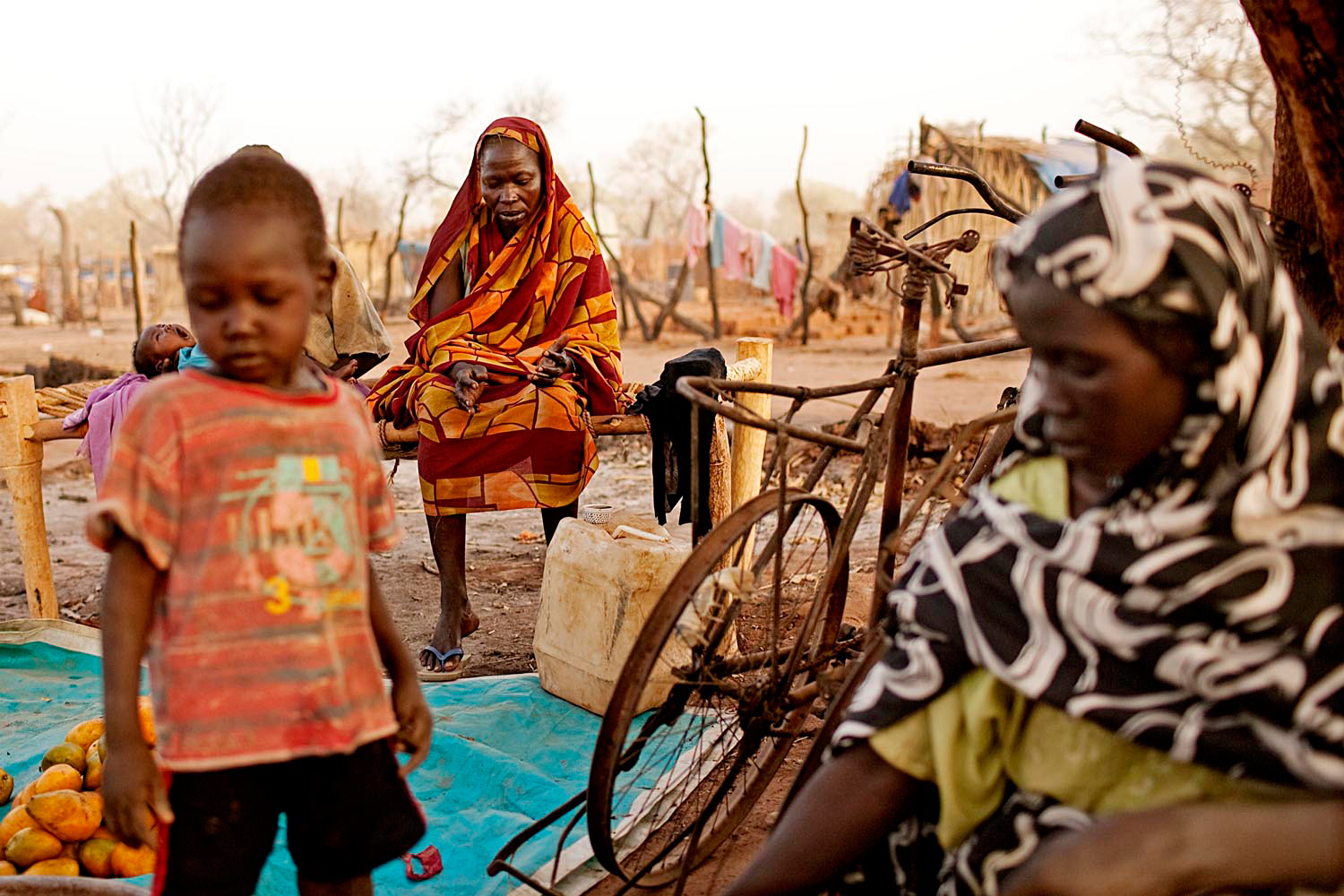
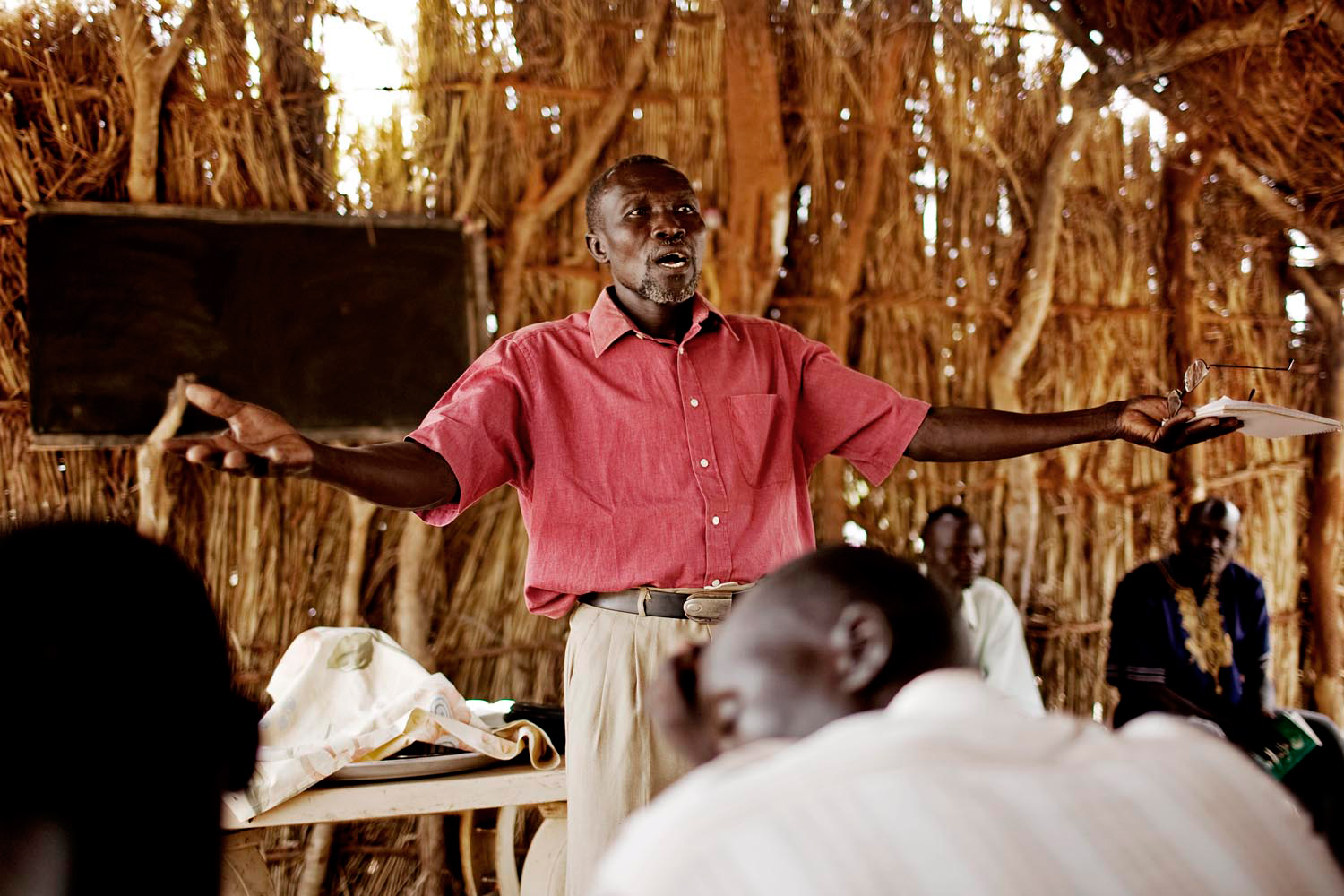
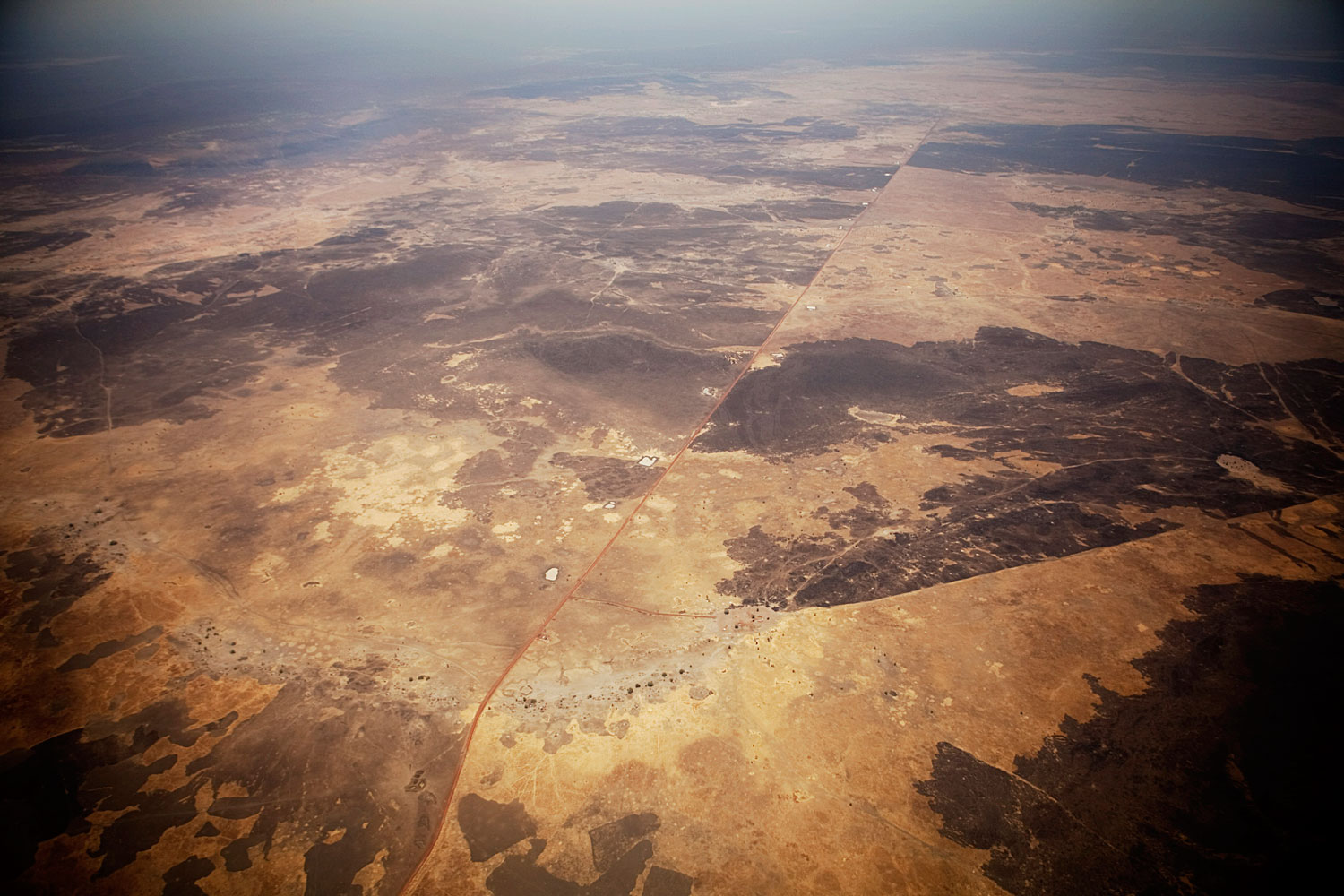
More Must-Reads from TIME
- Donald Trump Is TIME's 2024 Person of the Year
- Why We Chose Trump as Person of the Year
- Is Intermittent Fasting Good or Bad for You?
- The 100 Must-Read Books of 2024
- The 20 Best Christmas TV Episodes
- Column: If Optimism Feels Ridiculous Now, Try Hope
- The Future of Climate Action Is Trade Policy
- Merle Bombardieri Is Helping People Make the Baby Decision
Contact us at letters@time.com